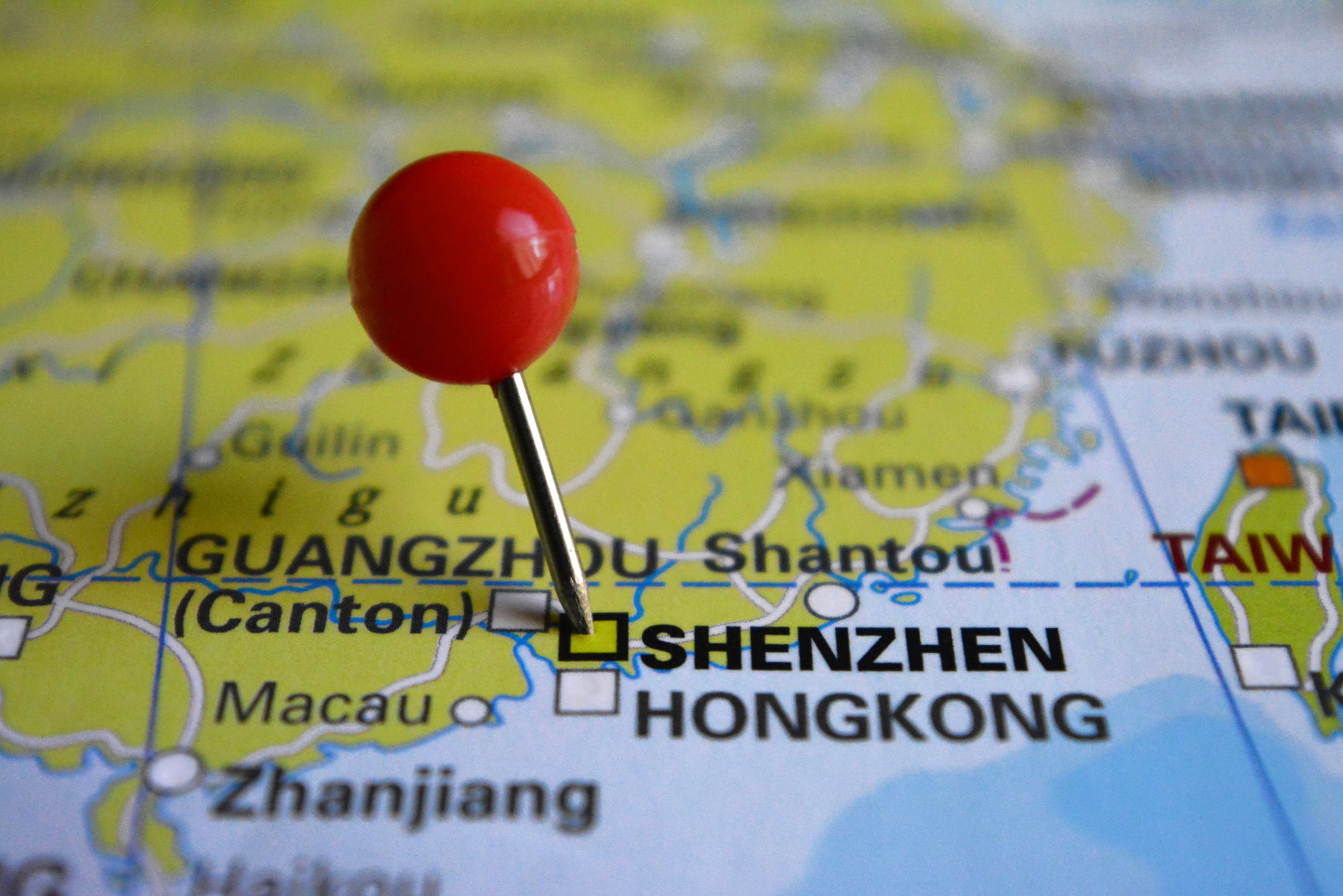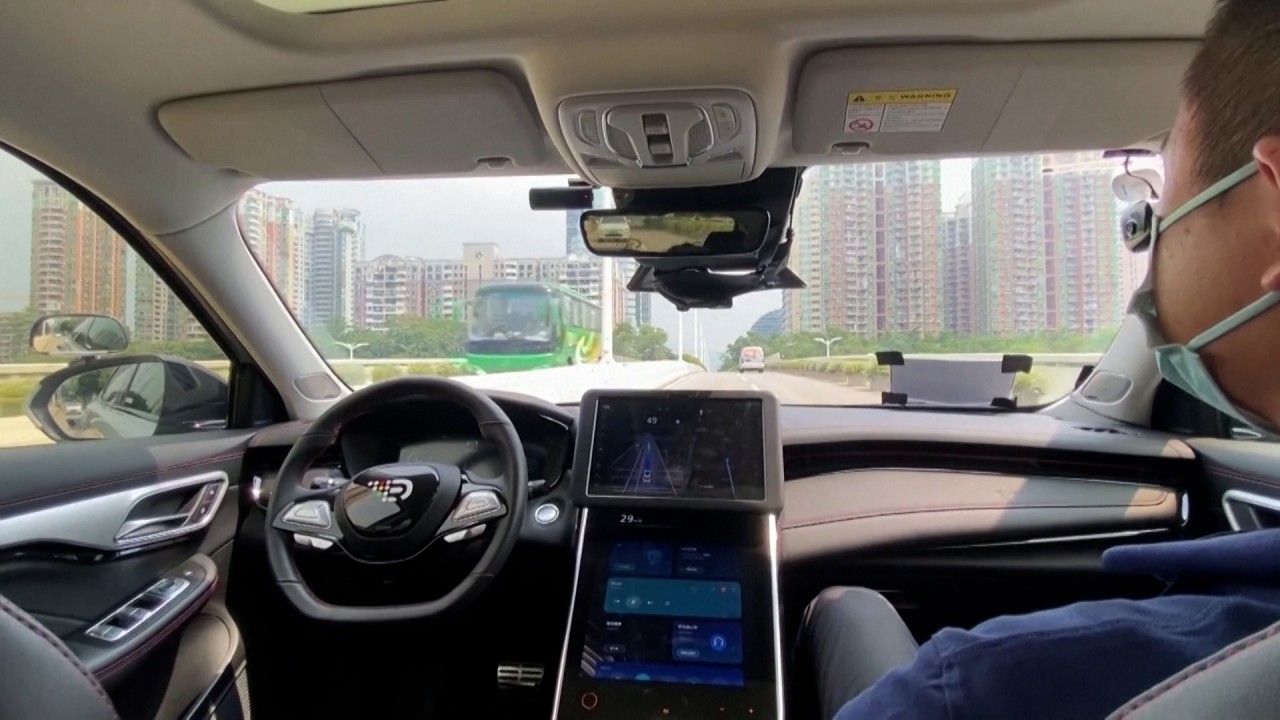
Chinese tech hub Shenzhen to soon open specific sections of city highways for autonomous vehicle trials: report
- Local authorities have already completed the assessment of certain sections of four city highways, with the total length reaching 89 kilometres
- Shenzhen expects to issue this year its first official licence plate for self-driving cars and initial permit for commercial robotaxi operations
Local authorities have already completed the assessment of certain parts of four city highways – with a total length of 89 kilometres, including 13 kilometres of “highly complex sections” – under that plan, according to a report on Monday by official media Shenzhen Special Zone Daily.
Under those regulations, which took effect on August 1 last year, registered autonomous vehicles that function without a human driver can travel on certain roads and other areas designated by local transport authorities.
It also helped clarify liability. When an autonomous vehicle has a so-called safety operator, for example, this person would be liable to pay compensation in case of an accident.
China’s ambitious self-driving vehicle goals face roadblocks, experts say
Shenzhen, with a population of 17 million people, has pledged to grow its intelligent vehicle industry to reach 200 billion yuan (US$27.4 billion) in revenue by 2025, according to an action plan released by its municipal government last June.
Under a separate programme unveiled last November, the city’s government aimed to have 100 robotaxis and 100 autonomous buses on the road by the end of this year. Those numbers are each expected to reach 1,000 by the end of 2025.

Shenzhen plans to become the first city in mainland China to have extensive commercial robotaxi services – with a fleet of 200 by the end of this year – as these autonomous vehicles’ scope of operations expand into the city’s Baoan and Nanshan districts, the Shenzhen Special Zone Daily report.
Local authorities already widened the area of robotaxi operations in late August, with the total length of open roads for driverless cars currently exceeding 311 kilometres in the metropolis, according to the municipal government.


